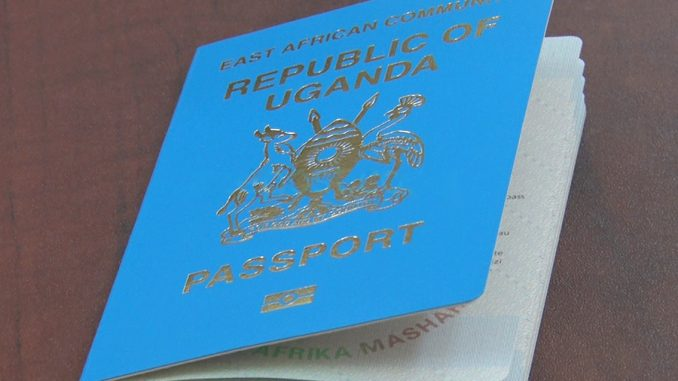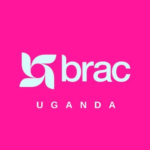Government of Uganda has today upgraded the current paper-based e-passports to polycarbonate e-passports.
The Ministry of Internal Affairs Permanent Secretary Lt Gen Joseph Musanyufu, said the aim of this upgrade is to ensure enhanced security features, durability as well as conforming to the standard requirements as recommended by EAC and International Civil Aviation Organization (ICAO).
“This implies better quality, easy data verification at various airports of ICAO member states, better data protection and minimal chances of damage,” he said in a statement.
According to Musanyufu, the Republic of Uganda introduced an East African Community (EAC) e-Passport in Dec 2018, which replaced the machine-readable light blue passports.
“These were paper-based passports that were presented in the following colors; Light Blue (ordinary passport), Green (service passport) and Red (diplomatic Passport). There was a two-year transitional period to allow for a gradual phase out of the previous Machine-Readable Passports which ended on 4. April, 2021 when Machine Readable Passports validity ceased,” he said.
“As a follow up on the above, the Ministry of Internal Affairs has completed an upgrade of the current Paper-based e-passports to Polycarbonate e-passports,” he added.
The ministry has so far issued over 1,008,401 e-passports since the launch in December 2018.
But Musanyufu said both passports (e-paper based and e-polycarbonate) shall continue to be used until expiry or leaflets run out.
The upgraded Polycarbonate passports, just like the e-paper passports have electromagnetic chips. E-Polycarbonate passports however have polycarbonate (tough plastic) layers infused together, leading to a finished material where personal data is engraved inside the deeper layers of the document with laser. This cannot be delaminated.
According to Musanyufu, this gives the new e-polycarbonate passport the resilience and robustness for data security and protection, with strong anti-fraud features.
“These features make the EAC e-Passport suitable for use at e-gates for self-clearance; easy and automated issuance of boarding passes; quick passenger processing worldwide (for ICAO member states); and full compliance with international security standards, hence easing traveller experience. Travel, specifically document verification is going to be easier and seamless than ever before, due to improved technology,” he said.
The cost of the passports remains unchanged, according to the ministry.
An ordinary Passport costs Shs250, 000, while processing an express Passport attracts a fee of Shs150, 000, which makes a total of Shs400, 000. Official and Diplomatic passports cost Shs400, 000 and Shs500, 000 respectively though these are for specific identified categories of Government officials.
Ordinary passports take between 7-14 working days to be ready, while express Passports take 3-5 working days. All these lead times are subject to due diligence and other verification procedures. If there are queried cases, these tones may change.
The ministry said it is very important that the stakeholders understand that Paper based e-passports are not being invalidated.
“They are valid until the expiry date or until the leaflets are finished. The Polycarbonate e-passports merely present an upgrade akin to upgrading software that does not negate the upgraded software itself. So, holders of the paper-based e-passports should not worry as they are as valid as the polycarbonate ones and they will be used concurrently,” he said.
“There is no need to replace paper-based e-passports. Going forward, new applicants will be issued with polycarbonate e-passports,” Musanyufu added.








